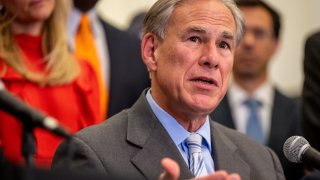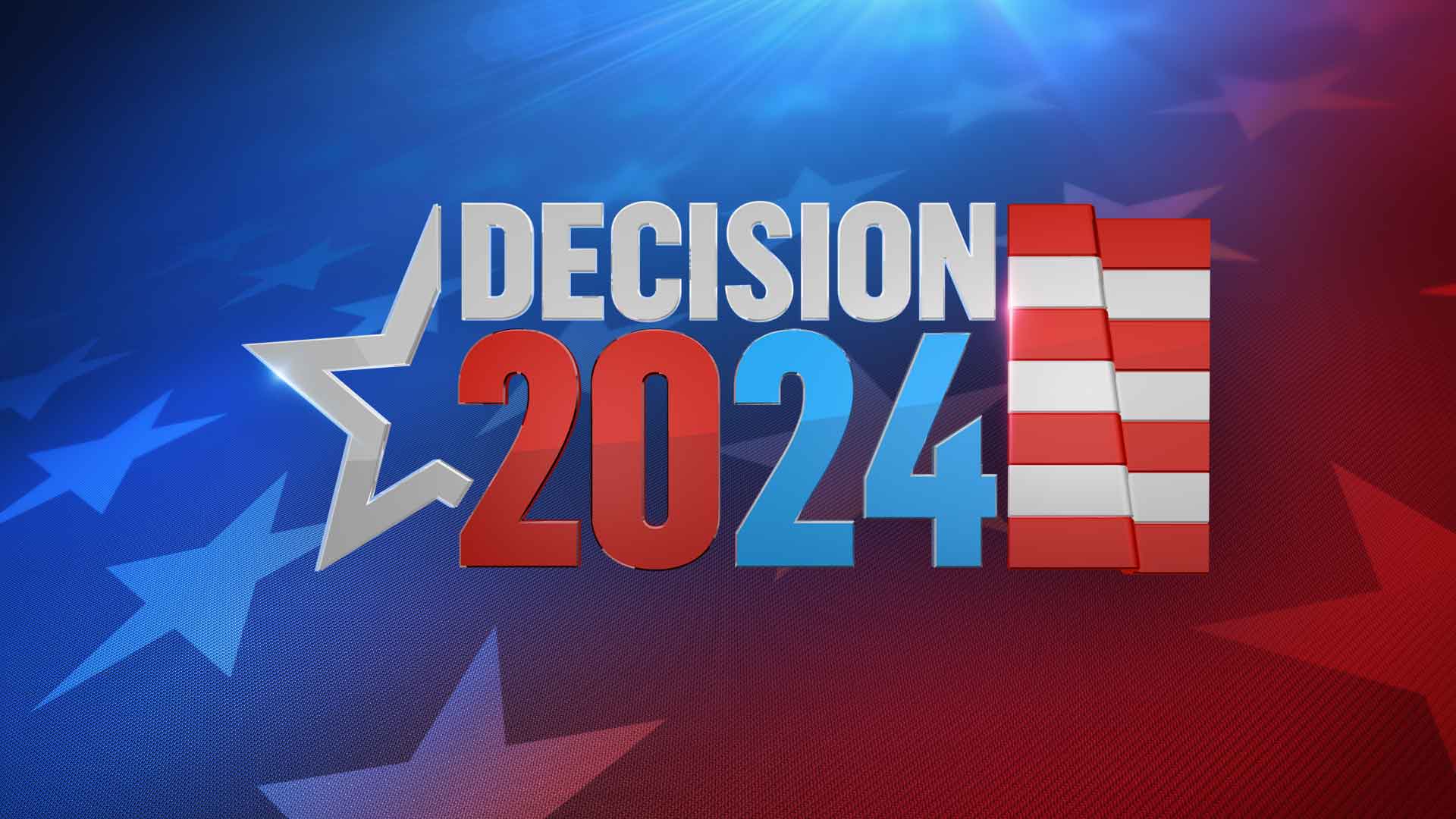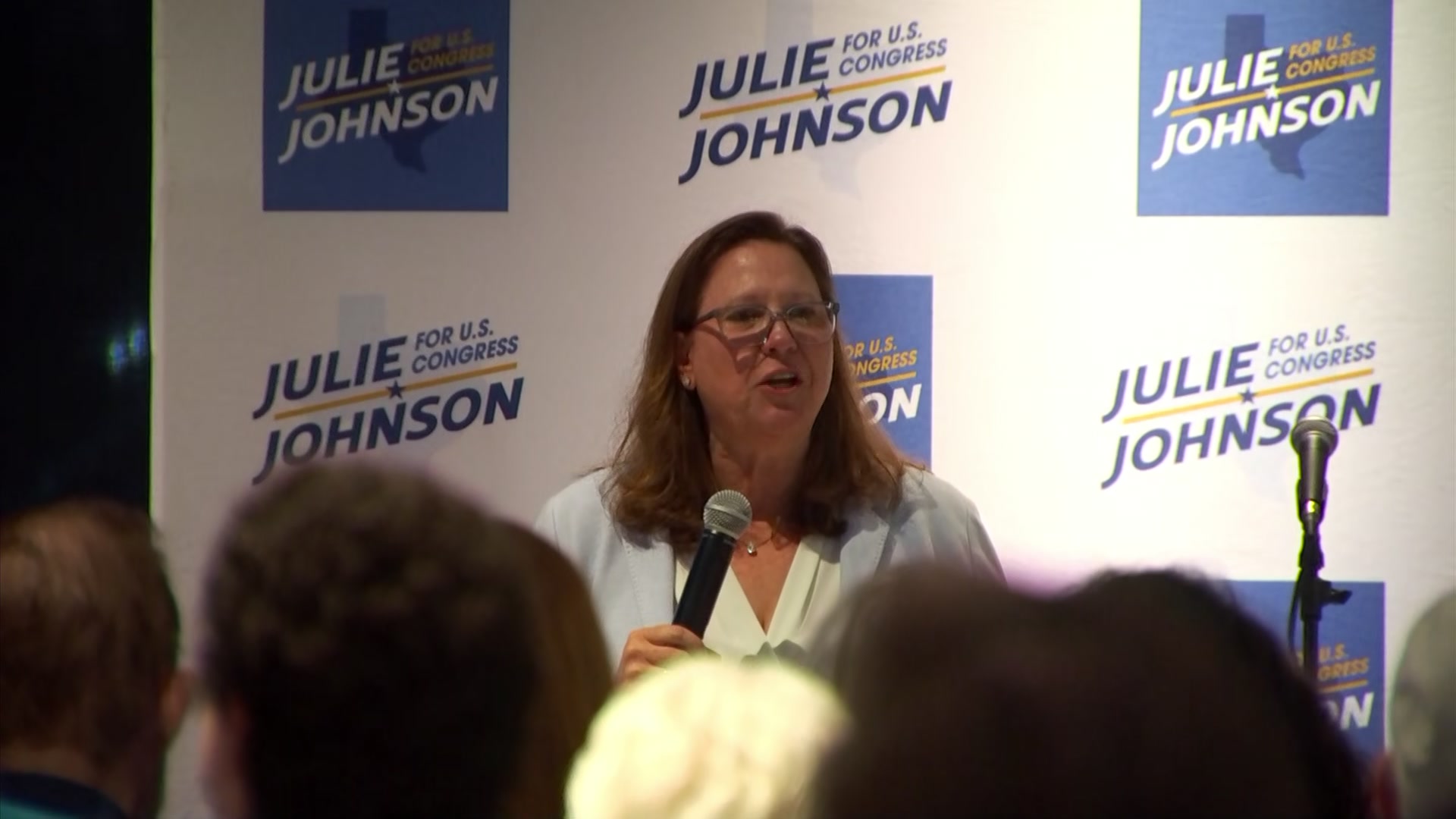
In an intense inter-party war among Texas Republicans, Gov. Greg Abbott emerges from the March 5 primary as the biggest winner.
Last year a group of 21 members of his party joined with Democrats to block a school choice voucher proposal. A handful of them lost at the hands of Abbott-backed challengers on Tuesday and several more are headed to a high-risk runoff election in May.
Anti-voucher Republican representatives Travis Clardy, Ernest Bailes, Hugh Shine, Reggie Smith, Steve Allison, and Glenn Rogers lost to challengers who supported the idea. Representatives Gary VanDeaver, Justin Holland, John Kuempel, and DeWayne Burns will face their challengers in a runoff election on May 28.
“We will continue to help true conservative candidates on the ballot who stand with the majority of their constituents in supporting education freedom for every Texas family and creating a brighter future for all Texans," Abbott said in part after the election.
Get DFW local news, weather forecasts and entertainment stories to your inbox. Sign up for NBC DFW newsletters.
Last year, the Texas House rejected the idea 84-63. After five retirements were replaced with candidates supportive of Abbott's plan, the governor needed to knock off eight incumbents who opposed him. He'll need two of the four in runoffs to get the majority of the Texas House and defend his numbers against resurgent Democrats in the November general election.
As results trickled in Tuesday night, the impact made an impression on NBC 5's election night panel.
Former Democrat congressional chief of staff, Jane Hope Hamilton, said Republican lawmakers received a message from Abbott: “If you step out of line we’re going to come for you.”
Republican messaging consultant Vinny Minchillo noted the difference between Abbott's "revenge tour" on vouchers and Attorney General Ken Paxton's on impeachment.
2024 TEXAS PRIMARY
"If Gov. Abbott is on phone line one and Attorney General Paxton is on line two, pick up line one," said Minchillo.
Minchillo told the panel that this primary election saw more than $50 million in political spending on just TV, digital, and mail advertising.
Fearing the program would slowly reduce funding to public schools over time, many rural Republican lawmakers and voters oppose the school choice voucher programs. That may be changing according to a political organizer who worked to flip districts on the issue.
“The myth that rural Republicans and Republicans at large are not in favor of school choice, I think you can officially put that myth to bed," said Genevieve Collins with Americans for Prosperity Texas.
Collins was one of the governor's allies, campaigning against a handful of Republicans who voted to strip the Education Savings Accounts program from the education reform overhaul in 2023. She said she expected the same deal that failed in the last session to return in January 2025.
Last year, the governor put forth a plan allowing parents to use Education Savings Accounts to help pay for private school tuition and home school supplies, along with teacher pay raises and a few billion more in public school formula funding.
“I think you’re going to see a real appetite to not only fund public schools, increase teacher pay, but ensure that no child is stuck in a failing school," said Collins.
The debate brought huge amounts of political spending in a very divisive election. After incumbent defeats and retirements, Gov. Abbott may surpass the 76-vote mark necessary to pass a bill in the Texas House, depending on the outcome of the runoffs.
A Texas American Federation of Teachers spokeswoman, Nicole Hill, told the Dallas Morning News that "obscene" amounts of money made a difference.
“Voucher money definitely won some primary races last night,” Hill said.
Abbott's critics point to the record-breaking donation he received, $6 million from Jeff Yass, a Pennsylvania billionaire who supports school choice programs.
Abbott received a bump from former President Donald Trump, who also backed the champions of "school choice."
Critics of the program point to the fact that Abbott rarely mentioned the education issue on the stump. Instead, he focused on the number one issue for Republican primary voters -- immigration.
One of the North Texas lawmakers who lost to an Abbott-backed challenger, Rep. Glenn Rogers (R-Graford), called the governor corrupt in a local newspaper Wednesday.
"Gov. Greg Abbott has defiled the office of governor by creating and repeating blatant lies about me and my House colleagues, those who took a stand for our public schools," Rogers wrote in an editorial in the Weatherford Democrat.
A similar proposal has passed the Texas Senate multiple times, being a priority of the Senate President, Lt. Governor Dan Patrick.




